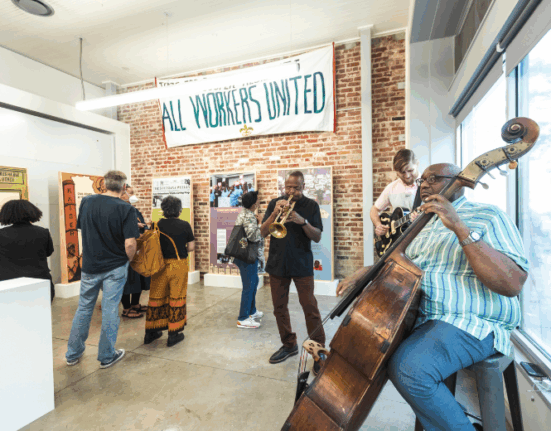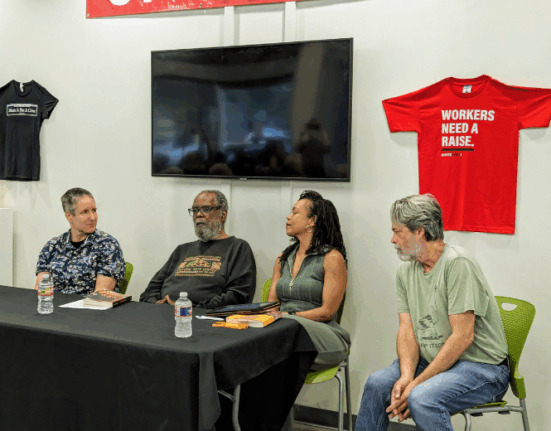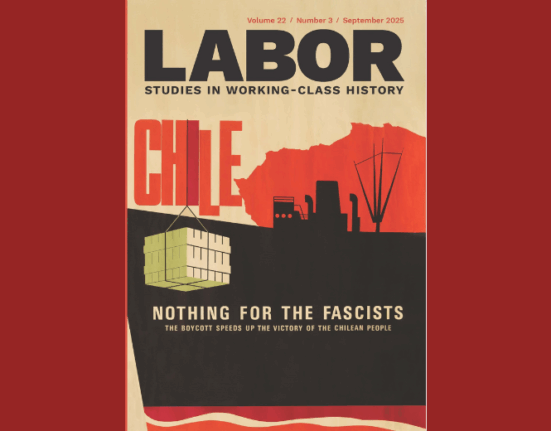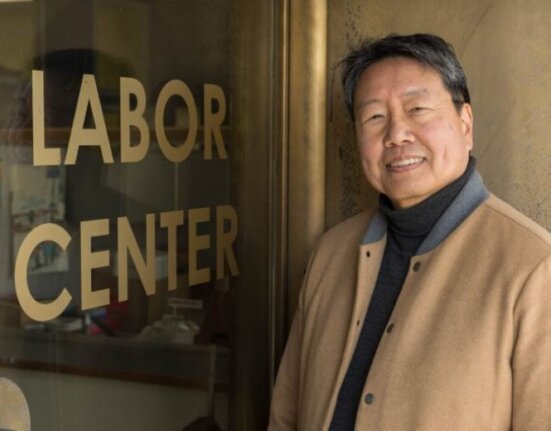Senator Tom Harkin’s (D-Iowa) comments about President Obama’s State of the Union Address seemed to be channeling one of this blog’s recent commentaries by Leon Fink on Obama’s Inaugural Address. Fink reflected on the absence of historical memory about the role of labor in the past and the present in Obama’s historical presentation of the role of movements. Harkin noted the same lack of labor and the power equation in Obama’s view of history and policy.
Speaking the day after the SOTU address on the Bill Press show, Harkin expressed satisfaction with much of the speech, including an emphasis on building the middle class. But he suggested that Obama left out the key mechanism that could build a middle class: labor unions. Harkin commented that “the crux” of “the problem is that people don’t have any power…You’ve got to give workers more of a power to be able to bargain for things like their wages, for pensions, for family and medical leave, and paid sick leave and things like that.” Harkin felt “upset and really saddened” that Obama “didn’t even give a nod to labor unions,” noting that without them, the President wouldn’t have been elected.

Two policemen haul demonstrator to police van during Delevan strike in West Des Moines. Police arrested 27 UAW rank-and-file that day.
Fink wrote in his blog last week that labor unions were left out of the Inaugural, an absence doubly notable because of the inclusion of Seneca Falls and Stonewall in the pantheon of progressive political memories, as well as an astonishingly welcome nod to “collective action” as the way that the U.S. had moved closer to realizing its own ideals. By erasing labor unions from the list, Obama was expressing the reality of Democratic Party calculations.
Harkin is an old school New Deal liberal who is retiring, one of the last of the remaining “labor” Democrats who gave some credibility to AFL-CIO’s strategy of spending boatloads of members’ dues and energy on political campaigns for centrists and liberals. Harkin’s disabled brother Frank was “permanently replaced” by Delevan Corporation in 1978 in a struggle that “broke his spirit,” after having been a reliable worker for 23 years. Delevan had been bought out by investors who provoked a strike to get rid of the union. By that time, the Democratic Party was already wooing the financier vultures like Delevan’s owners. The AFL-CIO unions’ strategy of moderation and party politics failed to stem the tide of Carter, Reagan, Clinton and Bush policies that contributed to the steady decline of the labor movement as a force in U.S. politics. Now Obama follows in a long train of abuses.
I’ve never thought the idea of creating or saving the middle class expresses the vision of a fighting labor movement (when it’s been a movement) past or present. It’s a bad term to remedy the class war that has been on-going. But the language and memory employed by Obama reflects what labor can expect from him in his second term. It’s time for a new plan, because empowering labor isn’t on the agenda.







3 Comments
Comments are closed.